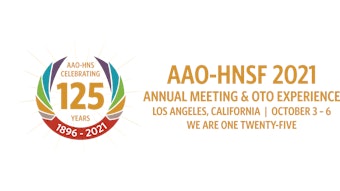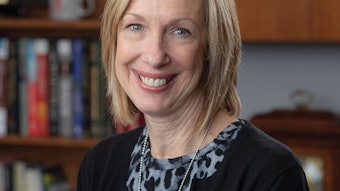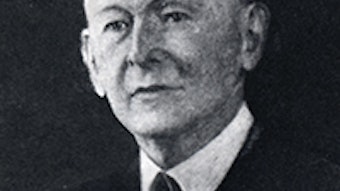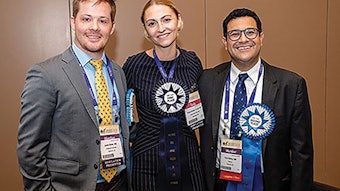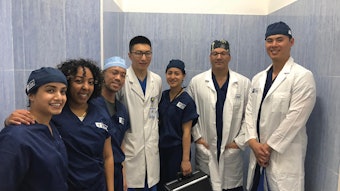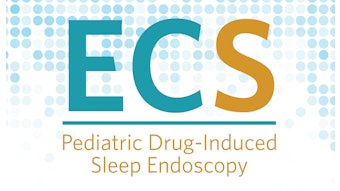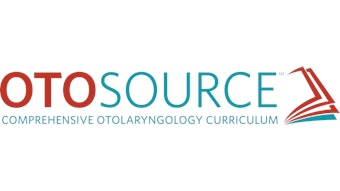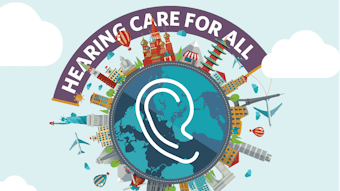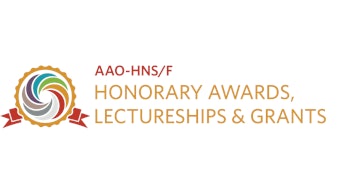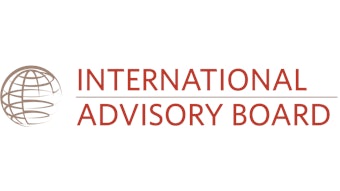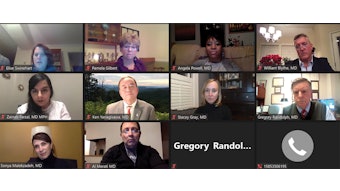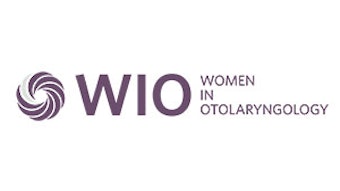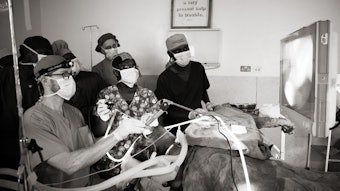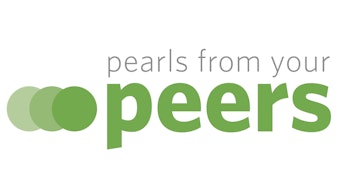Strategic Priorities and Planning to Benefit Members and Your Patients
As we emerge from the pandemic and vaccination becomes widespread, otolaryngologists along with the entire medical community look forward to being able to provide the full spectrum of care they are used to furnishing.
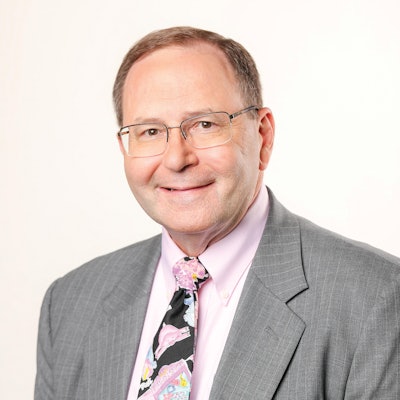 James C. Denneny III, MD
James C. Denneny III, MD
AAO-HNS/F EVP/CEO
Simultaneously with the strategic planning process, extensive work was done to prepare the 125th anniversary fundraising initiative, 125 Strong Campaign. President Carol R. Bradford, MD, MS, chose, and the Executive Committee approved, four areas of focus for this campaign, each with a dedicated committee. These include Diversity, Equity, and Inclusion; Education; Leadership Development and Mentorship; and Wellness. The chair from each of these respective committees submitted their recommendations for specific projects within their area to the Executive Committee. Following extensive discussion on these recommended projects, the Executive Committee prioritized the projects for funding donations. Members and other friends of the organization will be able to donate specifically to the projects they support. All contributions will be spent as designated on these projects and not used to fund reserves. The selected projects will not be funded through the budget but will be dependent on philanthropic support. For complete details of the campaign, please see the article “#MakeOTOStronger: Become a Monthly Supporter of the 125 Strong Campaign" of this month's Bulletin.
After months of discussion and negotiation, an additional COVID-19 relief package was recently passed by Congress and signed by the president. This included a “Surprise Billing” component that did include Independent Dispute Resolution (IDR) and several other beneficial components—although there are still some areas of concern. It apparently will take a year for the final rules related to the IDR process to be put into place. Additionally, concerns of cutting Medicare reimbursement to any portion of the medical community that had responded heroically during the COVID-19 pandemic led Congress through a series of maneuvers that mitigated most of the negative update related to the large increases given to E/M values. While Congress did not waive the “budget neutrality” attached to the Medicare budget, it did infuse $3.75 billion additional funding and put the CPT code G2211 into a three-year moratorium and waived sequestration through March 2021. This offset roughly two-thirds of the cuts that were planned. This is a one-year fix, and nothing was done to address the continuing devaluation of surgical procedures. There is also a provision in this bill for another round of Paycheck Protection Program loans that will be available for both 501(c)3 and 501(c)6 organizations. This will allow the AAO-HNS/F to apply for loans based on both Academy and Foundation expenses. This bill also included a wider range of costs that can be used to calculate the loan amount including practice expenses related to COVID-19 personal protective equipment costs. These loans should be accessible to most of our practitioners not employed by a large entity.
The Academy, in collaboration with the Society of University Otolaryngologists Head & Neck Surgeons (SUO), the Otolaryngology Program Directors Organization (OPDO), and multiple medical associations, will be studying the effects of virtual interviews on the residency and fellowship selection process from the candidate’s and program’s perspective through a survey process that will involve both surgical and medical-based specialties. Data will be gathered from both groups about the selection process and followed up after the candidates have joined their respective residency and fellowship programs to evaluate the reality of their expectations after the interview process. This data will help direct the future utilization of virtual strategies in this process.
I want to congratulate Duane J. Taylor, MD, on presiding over our first virtual Nominating Committee meeting and the members of the committee for recruiting an excellent group of candidates to choose from. I also want to thank and applaud those members willing to serve in leadership positions at a time so critical in medical history. I encourage all members to become familiar with each candidate and vote in our election, which will open in May.

